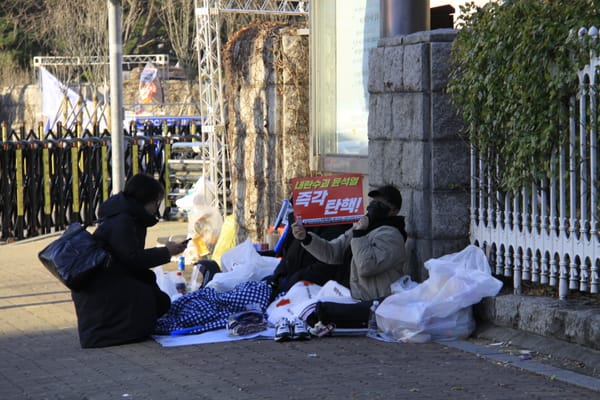Asia Undercovered Round-up: 20 July 2021
This issue: More arrests of Tibetans and Uyghurs, the long impact of the Sino-Vietnamese war, and saving Jakarta from flooding is possible.
Undercovered last week
The more we know, the worse it becomes: In 2017, a principle and six teachers from a Uyghur-language high school in China were detained. That principle has now died in a camp, the teachers have all been sentenced to lengthy sentences, and the school – like other Uyghur language schools – shut down (Shohret Hoshur, RFA)
Meanwhile, in Tibet, we now know that four monks were sentenced for up to 20 years, because one of them left a phone at an eatery, and it had photos of the Dalai Lama and foreign contacts on it (Kenji Kawase, Nikkei Asia).
This is worrying: A Kyrgyz-Turkish educator was apparently abducted in Kyrgyzstan and taken to Turkey, where is facing potential jail time for his association with an anti-Erdogan organization. Dissidents are increasingly unsafe, no matter how far away they are (RFEL).
Worth reading the latest by Ravi Nair for Adani Watch, on how opponents of an Adani coal plant in Madhya Pradesh, India were the victims of vicious assaults and attempted murder by company goons.
You probably read about the floods that hit Germany and Belgium, but did you know that North India has also seen flooding due to widespread, unseasonal, climate-connected rainfalls? Here’s the latest data from DownToEarth and an overview of the situation from Times of India.
Meanwhile, a new report shows that deforestation in Southeast Asia’s mountains is accelerating at a shocking pace. This likely means that, with time, we’ll see more landslides, which increase when hillsides are deforested, in the region (Carolyn Cowan, Mongabay).
If you found this newsletter useful, consider making a donation to keep us running.
Elections
Elections were held in the French-controlled territory of New Caledonia in the Pacific, and for the first time in over two decades, pro-independence parties won a majority. With another upcoming independence referendum, this could give momentum for a “yes” vote, reports Ashley Westerman for NRP.
Meanwhile, after weeks of political turmoil, Nepal, has a new Prime Minister, Sher Bahadur Deuba, who held the position previously. According to Binaj Gurubacharya, this could mean the country shift back towards India after years of courting China (The Diplomat).
Geopolitics
In 1979, China and Vietnam fought a war after the former invaded the latter due to Hanoi’s toppling of the pro-China Khmer Rouge regime in Cambodia. 40 years later, and the memories of this war are still impacting Southeast Asia and regional geopolitics to this day. An enlightening piece on the long arm of history by Hoang Minh Vu for SEA Globe.
Minerals and natural resources have long played a determining role when it comes to geopolitics in Asia. While it was oil, gas, rubber, or tin in the past, the future may be determined by lithium, nickel and electric vehicles, and Indonesia, which has plentiful resources, is planning to take advantage (Jefferson Ng, Dedi Dinarto, SCMP).
Solutions Stories
There are plentiful (sometimes factually flawed) stories on how Jakarta, Indonesia’s capital, is sinking. But it’s not all doom and gloom – the city can be saved, and in this piece for East Asia Forum, Emma Colven explains how, discussing river normalization, urban development, deep groundwater extraction, and more.
Traveling is, at its core, an opportunity to learn about the struggles, challenges, and history of a place. That is why I enjoyed this piece by Khoo Ying Hooi, about going to East Timor and learning about the country through the lens of human rights, peace, and politics (TH Boell).
Asia Undercovered: Weekly round-ups and in-depth analysis of the news, events, trends and people changing Asia, but not getting enough attention in the US media.



